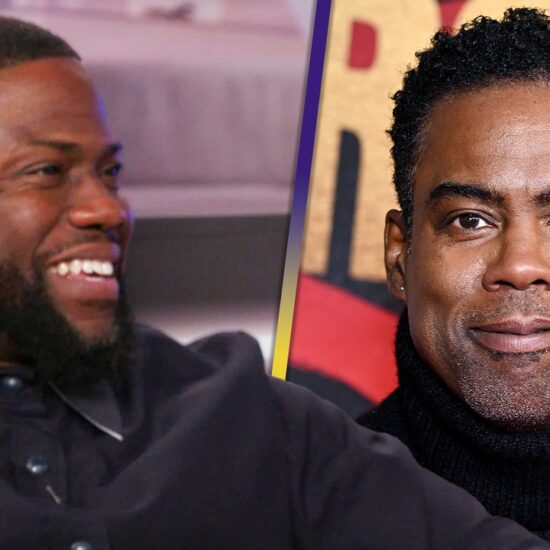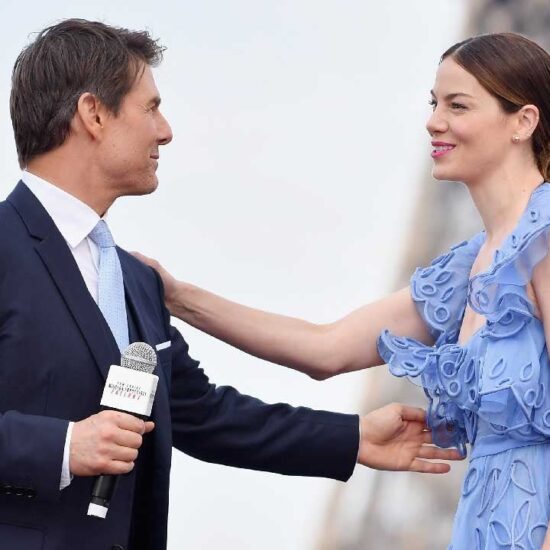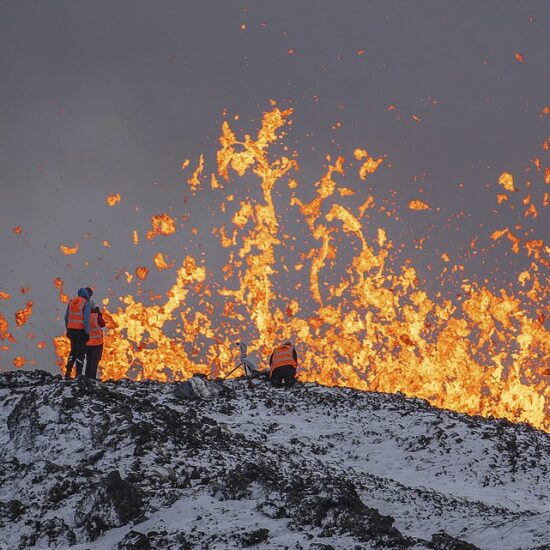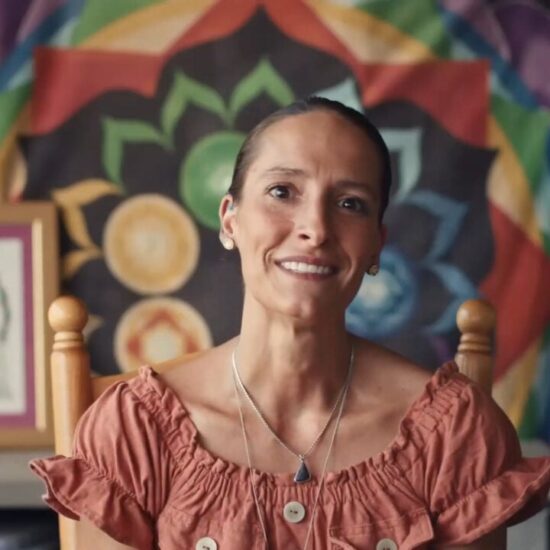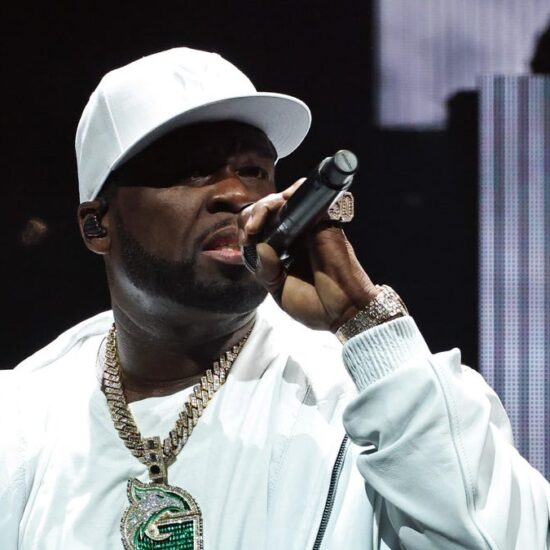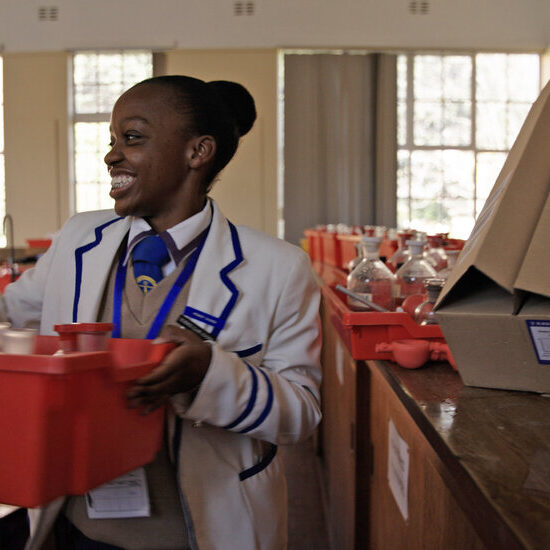
I stood and stared at Cornwall’s highest peak as horizontal rain lashed down around me. My 6K Black Magic cinema camera dangled from my hand and was covered in a black bin bag, its lens dotted with little droplets of water. It was the wettest day of the year so far, and would go on to break rainfall records for the South West. This was my experience in delivering my very first documentary for TV broadcast. It would be 2 months later that our documentary was streamed on BBC World to an audience of over 400 million people and it was then re-shown three more times due to popular demand. We are not a documentary film or tv studio, we are a simple video production company based in the UK and before embarking on this journey we had no experience in how to get a documentary film off the ground, and to put a cherry on the cake we knew nobody… and I mean nobody in the industry that could give us a helping hand. This short article is an attempt to share the lessons we learned along the way in the hope that it makes your journey to TV a little easier.
I want to first make an admission. We were lucky, very lucky. Story is king and for our first doc we happened to live within ten minutes of one of the South West’s greatest COVID success stories. An explorer named Robin Hanbury-Tenison had recently returned from Italy with COVID. What started as a cough, became a serious illness and soon he was in a coma. His family waited for 5 weeks as they were told he wouldn’t make it and then one day, after being wheeled into an NHS healing garden (a place in the hospital grounds where an ICU machine and bed can be wheeled into surrounded by plants and sunlight) he woke up. Robin returned home and ever the explorer he decided he wanted to challenge himself. He would climb from his house to the highest peak in Cornwall called Brown Willy (Pronounced ‘Brun – Villy’) to raise £100,000 for the local hospital. The story was a good one, it had history as Robin was an explorer, it was current as it focused on COVID and it had a goal and challenge to overcome. So, with that admission out of the way, let’s begin…
1) Make a reel.
A reel is a very short taster of the film you want to make. In essence, it introduces your potential buyers/commissioners/potential colleagues to the story and shows them that your characters aren’t annoying on screen and gives them a flavor for the story at hand. There’s a general question commissioners ask themselves which goes something like this “would I want to watch this person on a Thursday evening after finishing work”. This is why the reel is essential, it shows the commissioner who the audience is sitting down to watch and it’s this character that will carry the story. Making a reel is also a great way for you to build up a strong report with the character making the project yours together. A reel should be between 2-10 mins and should give a general feel. If it’s a more complex idea you can create what is known as a pilot – this is a whole first episode – but this is not only time consuming it can be expensive. The reel we made was the biggest deciding factor for the commissioners to invest in us as they could see the story and characters were there… All they needed to do was trust the film making ability which they could see from the reel. You can watch the reel here.
2) Reach out to people.
For our first documentary we reached out to a local BBC news channel (we literally used the email address online) and began speaking with their producer Sam Smith. She was brilliant and it was Sam who said “I love this, let me take this to the commissioners”. I later learned that this is the single fastest way to commissioners. There are people with good relationships with commissioners but haven’t access to regular stories. They are always willing to help and most likely will be a part of the production team after a commission is agreed. It’s also expected that you will be reaching out to a number of different people so when you make contact, just mention to people that you are speaking with a number of different people and are seeing if there is interest.
Ways to reach out to people…
- Reach out to local news channels connected to bigger networks and see if they are interested. They are good routes into the main commissioning process of the network.
- Reach out to local film companies who have been commissioned before to see if they are interested in a co-production (often called a co-pro). There are lots of resources online on how to do this. If they are interested they could reach out using relationships they’ve already developed. I’ve had very positive local production companies about this.
- Reach out to producers and script writers on LinkedIn, Instagram, and other talent hosting platforms.
- Reach out to funding platforms such as BFI.
- If all else fails, reach out directly to commissioners through a platform/network commissioning page (As I mentioned, this is tricky and not the easiest option).
You may be worried that someone will simply steal your idea if you share it with them but from my experience I’ve found that quite the opposite happens. They value that you’ve gone to them and show the same respect back. If you are worried, just get a simple exclusivity agreement signed with the character you are working with before you begin outreach.
3) Script is King
A lot of people say they don’t like working with a script because it constraints them and in simple terms, they believe real documentaries are about exploring your way through the journey with your subject… How can you guess what someone is going to say, you can’t put words in people’s mouths? Well, you can’t but you should make a good go at getting an ‘ideal’ story written down before you start planning questions and interviews. There is no “going off script” if you didn’t have a script to start with. The first thing we did when planning our first commissioned documentary was to write down all the important parts of the character’s life on little pieces of paper. We then moved these bits of paper around until the script felt right. This script was then sent to the executive producer who came back to us and tore the whole thing apart. Yea it hurt… and we felt like idiots, but she had way more experience than us and she created a storyline that ensured the viewer didn’t get lost, and felt captivated throughout. This feedback was a key part in us learning how to create something that was half an hour long.
You can write a script either with the method above or simply by creating a table in microsoft word or google docs. With three columns as seen below.
| Scene Number | What you see | What you hear. |
| 1 | Character walks through the field and pauses whilst looking at the view. | “Opening statement about the importance of nature in their life.” |
You can then repeat and simply insert more columns as you go. I find working on paper first and then moving to computers is the best method.
4) Don’t treat your characters as subjects.
One of the things I learned when shooting our first documentary was that I didn’t need to pretend that the documentary was something it wasn’t. I could ask people to say something again or stage a walking scene or even work with the characters to help create the story as a whole. The way I did this initially was by showing the main characters the script. I told them that the script was a simple skeleton to work from and that it showed no reality of how the final thing would look but more gave us a framework to break. This was really useful as it allowed us to get feedback on what we, the film makers, had misinterpreted as the real story. It also meant that interviews felt like convocations with a partner in crime rather than interrogations. They understand when we asked time and time again to come back and film a section as they had the vision themselves… They were as much the filmmakers as the subjects. You may think this creates a fake end product but we’ve found it does quite the opposite. No matter what, someone will already have an idea in their head of what their story is, they will play to that story, so bringing them into your story and learning from theirs gives you space to head in a new direction together.
5) How to interview like a boss!!
When you sit down opposite someone to conduct an interview you aren’t simply trying to get them to say the words in your ideal script. You are trying to break down barriers with that individual to give them a space to talk. Don’t be scared of silence, and don’t be scared to ask hard questions. The perfect interview is one where the interviewed person feels like they’ve had the space to say the things they truly feel in a way that they don’t feel like they need to act or put on a persona. I do this with a number of techniques:
- Learn the person to a deep enough degree that they feel respected by the amount you already know about them and their story.
- Share top level convocation topics with the person before the interview so that they don’t feel ambushed. Don’t worry about them learning a script to answer them as you can probe deeper with follow up questions that help you approach the topics from different angles.
- Have a clear framework of questions to work off so you feel prepared and calm. Don’t then rattle through the list, go off the cuff and come back to the list every now and again or make the list feel like it’s a convocation. Often I will mention that I’ve got a heap of questions written down if we need them and I put the paper on the table in front of us both. When convocation runs dry I then say something like “this is great, love what you are saying, I want to make sure I’m hitting all the important bits for the script so i’m gonna have a quick scan of the list”. They often feel relaxed then and they don’t feel like you’re stuttering.
- Your job is not to sound great in the interview, it’s to make them feel great and to say as little as possible.
- As the cameras are setting up, the interviewer should be sitting, and speaking with the interviewee. Asking about their life and making them feel like the process is a simple convocation. Get your DOP or cameraman to record as soon as it’s set up and then at some point let them know that you’ve been recording for a while. Then, ask some really really easy questions… often these won’t even be from the list, they are simply to make the person feel like they can do it.
- Use a pregnant pause. A pregnant silence is a silence you use when you think the person is on a rich vein. If they pause and look to you for an interjection, simply stay silent and gesture to them to continue. Obviously read this well as you don’t want to feel cold, but more that you are listening.
- Go with the flow as much as possible. Bringing the convocation harshly back to your questions can be jaring and can make the person feel like they’ve said the wrong thing. Try to slowly move it around to your question through a couple of tactical nudges.
- Finally, one of the tips I often use is that I’ll tell the interviewee that we will be cutting A LOT out and stitching together the best bits. Don’t worry about ums, ahs, or saying great flowing sentences as we do all of that in post.
6) You’re not a magician.. There is no grand reveal.
Imagine this… you’ve spent the last 2 months filming and editing and you know the commissioner is expecting a cut soon. You feel like you are in a good creative vein and as a filmmaker you know your job is to turn a story into a film and hand it over. Surely asking for help along the way would show the commissioner and producer that you don’t know what you are doing and would incite a lack of faith and panic? Well… no, in fact it’s the opposite. Most commissioners, whether for broadcast or brand films, are panicked when they can’t see what you’re making. They think you could be going off in a direction completely opposite to what they want. Don’t try to be a magician, don’t try to reveal the film as if it’s a finale for them to be swept off their feet. Send everyone a rough cut as soon as you have one. I normally do this in a number of steps.
- Rough Script: if you’re not working on a voice over script the first time you will actually know what words have been said is after you’ve finished the interviews. The interviews, for most docs, will be the core narrative for the piece. Once we’ve conducted our interviews we put them through a transcribing software like Rev or Trint. This gives us the actual words we have to play with. Using these words we construct a written version of the film. This written script is the first real creative asset you have to give your producer, commissioner or team a sense of what the film will feel like.
- Rough Cut: Once you’ve been signed off on the rough script you then get to work with matching visuals with words and beginning the sound mix. This will involve the music tracks being selected and folie (sound effects laid over the top of the visuals) being put in. As soon as you have the bare bones of a story, send this across. Don’t worry about it not feeling quite right and definitely don’t hold back in fear that “they won’t get it yet as you’ve not quite finished”. It’s key that they give guidance on song choices, visuals and ways you can change the piece at this stage. If you wait until later you may waste hours of work down the drain.
- Agree a time frame: After the initial round of amends you then agree a time frame that the next cut will be delivered. If you haven’t finished the edit by that agreed time, send what you’ve got anyway. It’s key that the whole team is up to date with where you are and what roadblocks you are currently trying to get through.
- Final Edit: I’d always try to get the final edit in at least a week before the deadline. You need people to have time to look at it and think whether there is need for any more amends.
Remember, a commissioner is in effect a client of yours. You want your clients to enjoy working with you and to want to work with you again at some point. Don’t see them as an inconvenience that is taking up your time. Every piece of feedback is a brilliant opportunity to learn how to make better films. Oh, and remember to send the films to the characters themselves, it’s often ebay to forget about them at this stage.
7) 50% Deposit Is A Must

This may sound like a weird title for a blog post about making documentaries for TV but it’s a critical thing for you to understand as a filmmaker. We spent about 1 month working and editing our 25 minute documentary. That’s one month where we were unable to do other projects. Most companies pay invoices 30 days after they are submitted. If you’ve spent a month making a film and then you finish the film, hand in an invoice, that’s a total of potentially 2 months without a single piece of income. You need to make sure you agree to a 50% invoice upfront for the work being done to ensure that you are able to complete the work ahead of you. What happens if you end up not being able to complete the job because you’ve run out of money? For the BBC doc we were paid only £10,000, this was a lot for us at the time as we were just setting out, we agreed a £5k deposit up front. If we hadn’t we’d have gone bust weeks before delivery.
8) How to find good stories?
It’s all good and well having a framework for delivery but what if there are no good stories around you? Well, i think about that same question a lot myself and I think finding stories bois down to a few key things
- What are you interested in: Making documentaries is an act of love, not finance. Sure, films can be profitable, but at the stage you are at this is likely not the case. You want to love what you are filming and you want to have an angle on it that most people don’t have. That doesn’t mean you have to know lots about something already, it just means you need to be interested.
- Pick up a book: I often find stories and great ideas in recent books that have been published. If you are interested in books on soil health and agriculture, read a couple of books and see where it takes you.
- The news: I often go through recent news to find stories that interest me. That doesn’t mean just going onto the BBC, it means finding niche news sites about specific topics. For example, Mongobay is a wildlife news site with up to date info about deforestation, rare species and lots of other interesting stuff. There are sites like this for lots of different topics.
- Leaders in Fields: I have found many good stories simply by emailing people who are leaders in their field and saying “hey, I loved your article on x, i’m a filmmaker with a big interest in what you do. I was wondering if you had any projects you were working on at the moment that were worth documenting?”.
- Old stories: Some people say there is no such thing as a new story, though I don’t necessarily believe that I understand what they mean. Most stories have happened in a similar way before. A classic way to find new stories is to look through famous publications and magazines (take Nat Geo for example) and see the stories they were talking about 20 years ago. So much has changed since then that these stories are now new stories if told through the lens of today. You can access archives for these mags online often for free.
There is no sure fire way of seeing if a story is a good one. Don’t be too precious, try and kill your film as soon as possible as the more time you invest the more time you’ve wasted if the idea is a bad one. Speak to friends, relatives, partners, film buffs, and industry professionals as you move forward.That doesn’t mean you have to take everyone’s word as gospel, but if everyone is saying it’s a terrible idea then maybe save it as a passion project for when you’re rich and famous.
9) Funding is everywhere

Commissioners aren’t the only way to get your film off the ground, in fact, for a young film company looking to make their first film it may be the least efficient way to do so. Getting your film funded through different means can often be quicker, easier and more financially beneficial. Here are a few ideas:
- Companies: Finding a company, or a number of companies, who may be interested in funding an idea is always a good route. Companies today are always looking for an angle in their marketing and want to be seen as leaders in their field. Getting a doc funded through companies is a great way to build a local professional network and can actually be beneficial to you in the long run. Getting a film funded by a company gives you the control of being able to put on local screening events and sharing the films wherever you want. You can’t do this with commissioned films as the network often wants exclusivity of the film for their network. The other great thing about speaking with companies is that later down the line there is nothing stopping you from showing the film at film festivals. This in turn can help you build contacts in the industry and get yourself ready for a much easier progression to tv.
- Charities & Grants: If your idea is tackling a social, environmental or cultural issue that is on trend and important you should speak to two charities in the industry to see if they can help. There may not be heaps of funding but even a few thousand pounds is enough to get your project to the next level.
Getting a documentary off the ground is no small feat and you shouldn’t feel disheartened from the scale of the task. It’s hard, and that’s the truth. If you feel like this is something you want to do then do it, get to work and begin the process of learning, connecting writing and shooting. If you need any advice on getting a documentary off the ground feel free to get in touch with me through our website, I’d be happy to chat.










